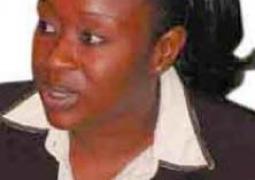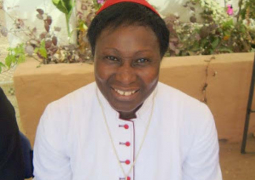Believers of conspiracy theory must have every reason to concur with the spirit of world governing football, FIFA debating and calling to embrace the introduction of technological options vis vis, the usage of extra time, referees, a better idea about diving, shirt-pulling, cheating, professional fowl play, intentions and accidents, as well as ball crossing the line between the two goal posts.
The outcry in glared to crack down football controversies under the watchful eyes of the international microscope, hence the ongoing World Cup in South Africa is punctuated with some high-profiled referencing blunders and player-cheating.
Football cheating has ever been a major subject and will continue forever to create incredible reactions.
It is vital for the world governing body, FIFA to act now and come up with move stringent regulations and options, to arrest this menace.
The game is poise to lose its credibility. Football cannot avoid seeking help. FIFA and those who constitutes it must listen and borrow leaves from other sporting disciplines.
Tennis- Cricket and Rugby are no strangers to the usage of the technology in their games.
Tennis- For many years now has been using service-line technology.
Cricket- In 1992, cricket came up with its third umpire and TV to judge run outs.
Rugby- Rugby, as well has used a video ref since wrong signal about football and its significance.
Referees as authority figures are put under intense pressure in this win at all cost era, thus undermining their importance.
In fact referees are not enough to meet the challenges on stage as played on peoples mind. It is evidently believed that as man progresses, technology also progresses. FIFA have to open life discussion on available options to combat cheating and doubtful infringement of the laws, so as to put everyone in equal perspective where it matters.
Un-sportsmanship issues could trigger another outcry to empower the Court of Arbitration for Sports (CAS), accommodate settling disputes between partners. The supreme court of world sports, known as CAS was formed in 1984, with its headquarters in Lausanne, Switzerland. The court is overseen by an international panel which consists of 20 high-level law professionals from around the globe. Much of their time is spent on resolving doping issues, mainly on Olympics outlets. But it does duel cases on football, such as transfer fees and other related football matters.
After succession of World Cup refereeing inability to account for certain incidences technological video replay or additional match officials could be a compromising solution.



